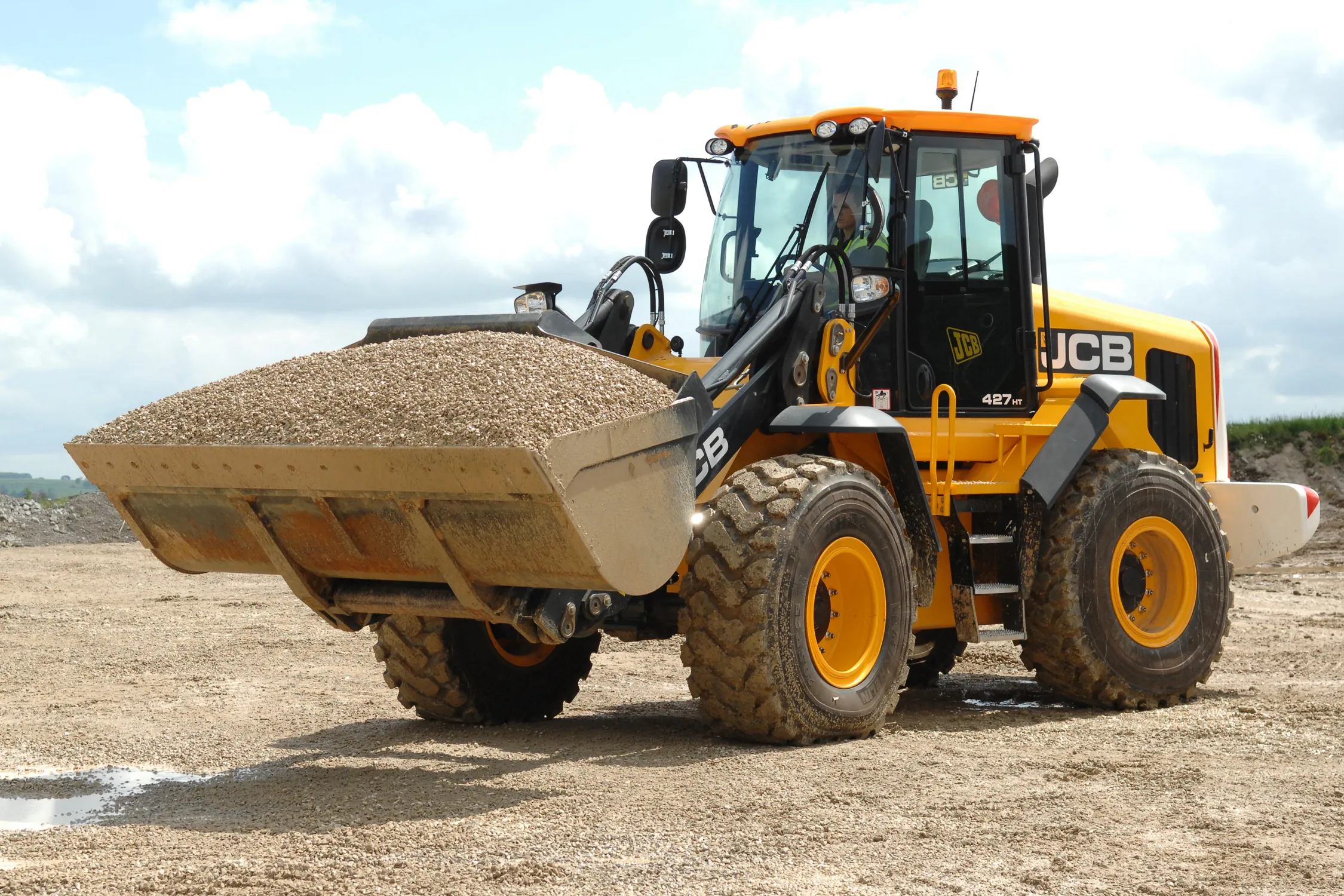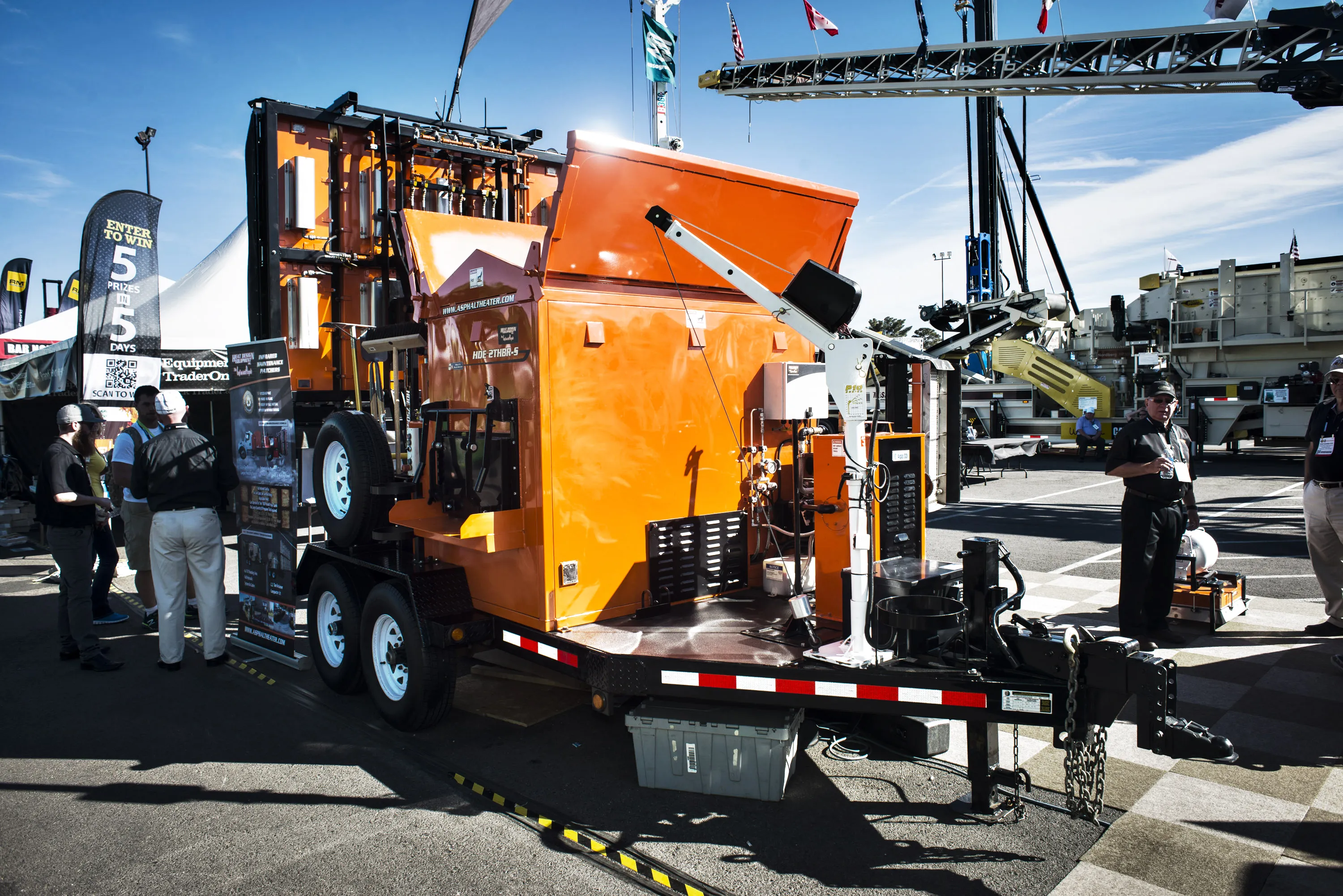Three key highlights gracing the new materials testing machines on display at Conexpo 2014 from Gilson Company are: its Hamburg Immersion Wheel Tracker, a Superpave Gyratory Compactor and a new version of the company’s Rotary Sifters.
The Hamburg Wheel Tracker comes with stainless steel wheels (although rubber wheels are available as an option) and the machine has been put together to allow two specimens to be tested independently in a recirculating water bath. Control testing temperatures range between 20
March 11, 2014
Read time: 2 mins

Three key highlights gracing the new materials testing machines on display at Conexpo 2014 from 2883 Gilson Company are: its Hamburg Immersion Wheel Tracker, a Superpave Gyratory Compactor and a new version of the company’s Rotary Sifters.
The Hamburg Wheel Tracker comes with stainless steel wheels (although rubber wheels are available as an option) and the machine has been put together to allow two specimens to be tested independently in a recirculating water bath. Control testing temperatures range between 20 degrees C and 70 degrees C and a built-in lifting hoist allows the lifting and positioning of the wheel arms.
Elsewhere on the Gilson stand is the Superpave Gyratory Compactor, manufactured by7283 James Cox and Sons. Asphalt specimens are compacted in a cylindrical mould by gyrating the specimen. Sample height is automatically measured and density and void contented calculated during compaction.
And last, but not least, Gilson has remodelled its Gilson rotary sifters for aggregate testing, introducing two new models, the SS-20 Rotary Sifter and SS-21 Silent Sifter. Improvements include faster conversion between 200mm and 300mm sieves, easier set up and quieter operation.
%$Linker:2 Asset <?xml version="1.0" encoding="utf-16"?><dictionary /> 2 51866 0 oLinkExternal www.GlobalGilson.com Gilson web false /EasySiteWeb/GatewayLink.aspx?alId=51866 false false %>
The Hamburg Wheel Tracker comes with stainless steel wheels (although rubber wheels are available as an option) and the machine has been put together to allow two specimens to be tested independently in a recirculating water bath. Control testing temperatures range between 20 degrees C and 70 degrees C and a built-in lifting hoist allows the lifting and positioning of the wheel arms.
Elsewhere on the Gilson stand is the Superpave Gyratory Compactor, manufactured by
And last, but not least, Gilson has remodelled its Gilson rotary sifters for aggregate testing, introducing two new models, the SS-20 Rotary Sifter and SS-21 Silent Sifter. Improvements include faster conversion between 200mm and 300mm sieves, easier set up and quieter operation.
%$Linker:








